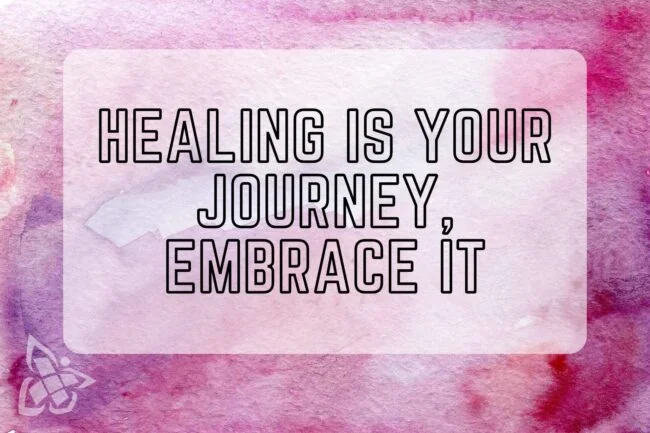Why Words Matter When We Talk About Addiction
Why is it important to talk about substance abuse? Talking about substance abuse matters because it breaks stigmatisation, helps people get help sooner, and prevents addiction from getting worse. Open conversations educate us, support those in recovery, and make it easier for families and communities to heal. The more we talk, the more we understand, […]







